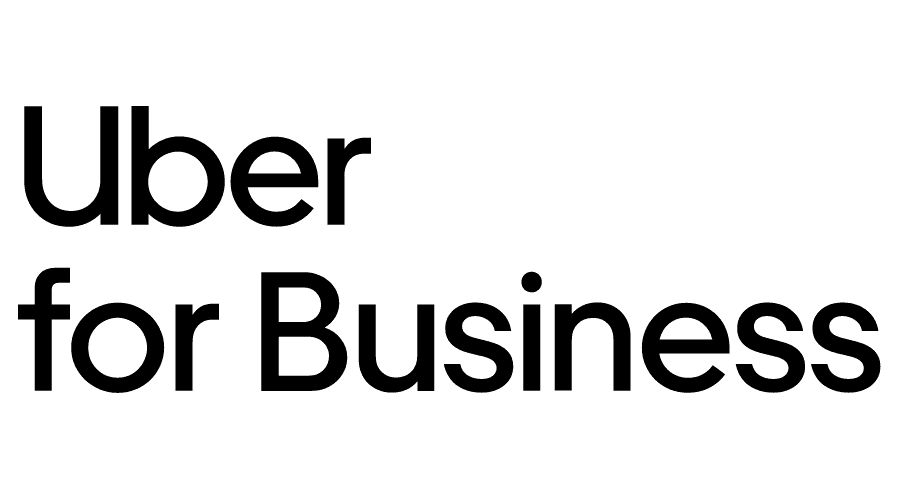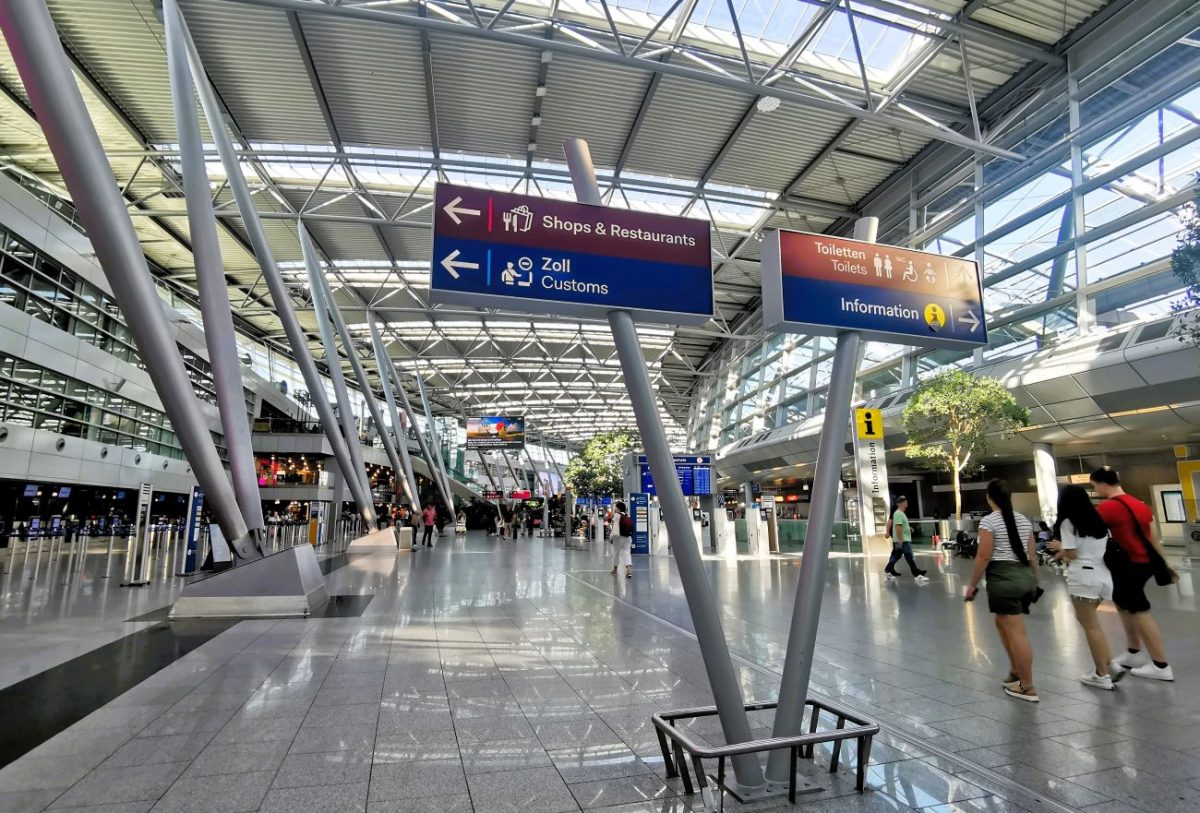Why worry about booking fees?
If we want to reduce travel costs, why worry about booking fees? A series of thoughts on corporate travel issues for travel managers, from item Consulting.
Life on the Road
During 12 months between 2000 and 2001, I managed to spend around £60,000 travelling around the world, including something like 50 trips with over 120 nights in hotels. I never missed a flight and only suffered from hotel overbooking once. Except for one embarrassing experience things went quite smoothly.
When you analyse this spend, you get some interesting results which suggest that worrying about travel agency fees or self booking tools might not be your key priority when it comes to reducing overall travel costs.
Of the £60,000 budget only 61% was under the control of the travel manager – the remaining 39% was totally discretionary on my part and no one really questioned how I spent it. Interestingly, when I raised the point with the travel manager at the time they weren’t at all interested as it was not in ‘their remit’!
So where did the £60,000 go? As you might have guessed, the 61% went on Air (£29,000) and hotel (£14,000). The remaining £27,700 (yes, it’s starting not to add up!) went on other items all related to travel: car parking £3,800, breakfasts £2,100, dinners £3,600, taxis £5,100 and hotel phone costs £2,400.
The more mathematical amongst you may have noticed a discrepancy of £10,700 – £5,300 going on unclaimed EU VAT, £2,900 on travel Agency booking fees and fuel (driving to airport) £2,500.
So, what’s the point?
A great deal of effort goes into trying to save Travel Agency fees through the introduction of self-booking tools. The agency spend in my example only represented around 4% of the total travel spend – around half that of unclaimed VAT or hotel phone costs. Even if we were striving for 50% adoption of technology, and assuming no implementation costs and 100% direct savings in agency fees (neither of which are true), then potential savings would only be in the area of 2% of total travel spend.
So, if you need to save money, where would you start?
Travel or Booking Policy?
I have come across few corporates who have a comprehensive travel policy. Yes, they might have a ‘booking’ policy but this is not the same thing at all.
Let me give you a few examples, starting with the trip from home to the airport. What is your policy? Most people drive and then put their car in the short-term car park. Getting a taxi to the airport might raise a few eyebrows internally. But it is probably less expensive when you take into account both the petrol and car parking charges. If you were to leave your car in the short-term car park for more than a day (no-one would do that, would they?) the savings would be even more.
The same is true when you get to your destination airport. How often do you go straight to the taxi rank when arriving at CDG. Typically you can wait 20 minutes in the queue and then are subjected to a 40 minute roller coaster into central Paris. Normally the fare is around 55euro. Alternatively there is an Air France air-conditioned coach which leaves every 15 minutes, cost 5Euro. Strangely, this use of taxis tends to be a UK phenomenon, arriving non-brits to the UK make much more use of public transport – which can be safer, quicker and cheaper. Maybe it’s because we’re not very good at languages and we feel more comfortable thrusting an address on a piece of paper to the taxi driver!
Sometimes, however, travel policy can actually increase the cost of travel. Take a real example of a corporate I worked for where the maximum allowance (what does that mean?) for a hotel room in Paris was £100 a night. I was visiting La Defense and our agent would not allow me to book a hotel there because the room rates were over the £100 limit. I was forced therefore to book a hotel in central Paris and get taxis to and from La Defense. Total cost £135 a day.
Perhaps we need to start thinking about trip policy rather than booking policy!
What do we negotiate?
Let me come back to the issue of maximum or negotiated room rates. What do these actually mean? Normally it is the basic room rate and may include breakfast but excludes dinner. So given that in addition we have 55% on top for food, have we got a good deal or not?
The most challenging aspect of hotel spend is that of phone charges from hotel rooms – not for voice calls where you would use mobiles (have we costed these into our travel spend yet?) but the costs of accessing email. Often phone charges can be 50% or more of the room rate. But these are not typically pre–negotiated.
Conclusions
The total cost of T&E can be almost double the ‘bookable’ spend, with agency fees in reality being a low priority for cost savings
The examples I have given are just the tip of the iceberg and only touch on some of the direct external costs. If we are to understand total T&E spend then we also need to consider direct internal costs such as central expense handling and travel management as well as indirect costs. The analysis can involve over 30 different benefit categories.
The first question you need to ask yourselves is what are you trying to control and reduce – air and hotel spend, agency fees or total T&E spend. If it’s the latter then you need to understand where the money really goes and develop a targeted benefits case to establish the real priorities.
Although self-booking tools may hold the key to the future, when you do the analysis, you may find that they are not the most appropriate starting point.
See previous comment from item Consulting:
12-Jun-2002 Corporate Booking Tools – an alternative view
Have your say Cancel reply
Subscribe/Login to Travel Mole Newsletter
Travel Mole Newsletter is a subscriber only travel trade news publication. If you are receiving this message, simply enter your email address to sign in or register if you are not. In order to display the B2B travel content that meets your business needs, we need to know who are and what are your business needs. ITR is free to our subscribers.







































Airlines suspend Madagascar services following unrest and army revolt
TAP Air Portugal to operate 29 flights due to strike on December 11
Qatar Airways offers flexible payment options for European travellers
Airbnb eyes a loyalty program but details remain under wraps
Air Mauritius reduces frequencies to Europe and Asia for the holiday season